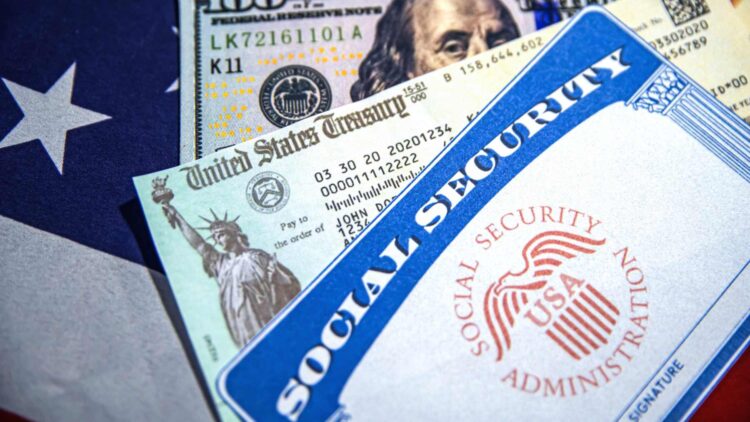Most people have been conditioned to believe that collecting Social Security benefits is an unalienable right as long as you are a US citizen and have worked and paid taxes on that income, but the reality of the system is a lot more complicated than that and not everyone meets the requirements necessary to collect these coveted monthly payments.
Retirement is something we all aspire to do, hopefully while still young enough to enjoy a bit of freedom from our obligations before our body fails, and for almost ninety years Social Security has been a part of that. Although the program has sometimes been seen as rigid and unchanging, few of us would likely recognize the original rules and they do continue to change and adapt every year to ensure that it stays current and can evolve with the times.
Current requirements needed to get your Social Security check
The first thing to note is that these checks along with many other benefits are distributed by the Social Security Administration (SSA), which is also in charge of setting and upholding the rules that beneficiaries need to meet in order to get their pension. The second thing to note is that requirements are not retroactive, the benchmarks that someone who retires in May needs to meet are not the same as someone who retired last year or last decade, although requirements have not moved the goalpost enough that you would not be able to retire as you have planned the move for a while and cleared all previous requirements.
A final thing to take into account is that all requirements need to be met in order to receive these payments. If you do not meet even one requirement, you will not be eligible to collect any benefits at all. With all that in mind, the requirements a potential beneficiary needs to meet in order to collect Social Security benefits are:
- Having accumulated at least 40 work credits. These credits are obtained by earning a minimum amount of money and paying taxes on this income. The limit is low enough that most part time jobs should be able to clear it, but it rises every year and it is important to know if you have cleared said limit enough years to be able to claim benefits. Since you can only earn 4 credits per year, you will have needed to work a minimum of 10 years to be eligible. This minimum requirement will only qualify you for the minimum benefit, in order to get more you will have to work more years and for higher pay.
- Having worked at least until age 62, which is minimum retirement age. Regardless of how early you choose to retire, the minimum age to be able to claim benefits is 62 years old. At this point in time you will be eligible to collect 70% of the benefits you would have been eligible for at full retirement age (which depending on your date of birth falls on your 66th or 67th birthday). For those who wish to have even more benefits or simply cannot retire early, if you wait to retire and claim benefits until age 70 you will be able to get 124% of your benefits at full retirement age. Something to consider when planning for the future.
- Apply for Social Security benefits when the time comes. Contrary to popular belief, benefits are not allocated automatically when you retire, you must be one to notify the government of your change in employment status and request that the SSA begins to send you your payments. Once this request is received, the SSA will do a routine check to see if you are eligible and the amount that you will be entitled to receive, making you officially a beneficiary.

